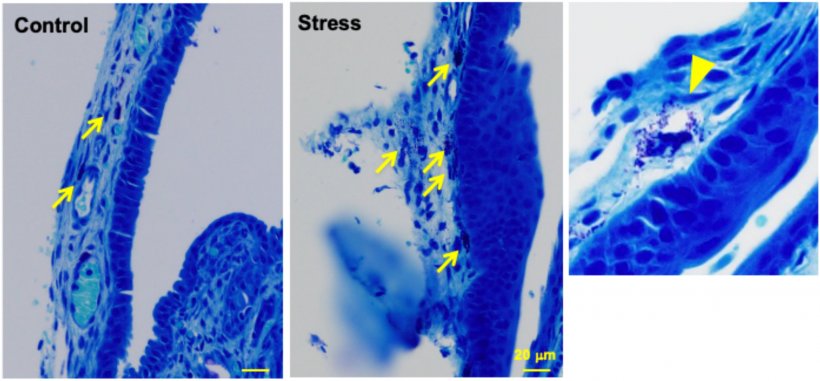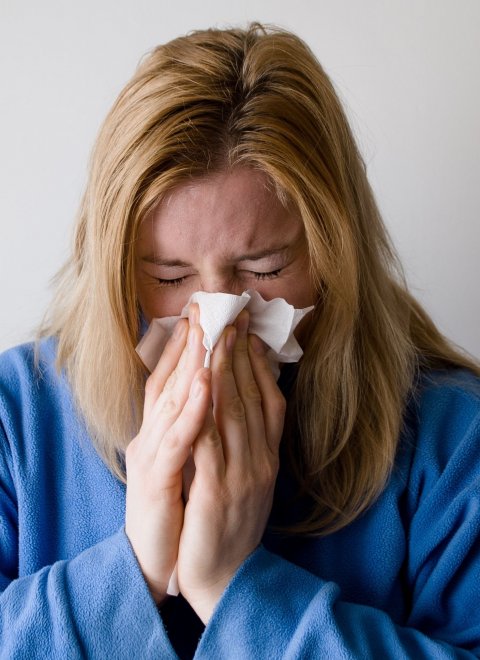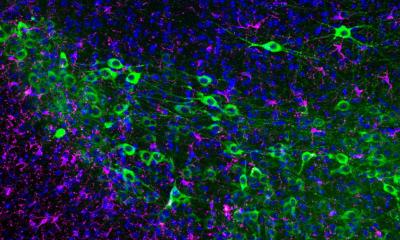
Image source: Yamanaka-Takaichi et al, International Journal of Molecular Sciences 2021 (CC BY 4.0)
News • Gesundheit!
Why stress relief is also allergy relief
Increased allergic reactions may be tied to the corticotropin-releasing stress hormone (CRH), suggests a new study.
The findings, which were published in the International Journal of Molecular Sciences, may help clarify the mechanism by which CRH induces proliferation of mast cells (MC) – agents involved in the development of allergies in the human nasal cavity.

Image source: Pexels/Mojca J
“In my daily practice, I meet many patients with allergies who say their symptoms worsened due to psychological stress,” states lead researcher Mika Yamanaka-Takaichi, a graduate student of the Department of Dermatology, Osaka City University, “This is what led me to do this research.” Together with Professor Daisuke Tsuruta of the same department, they hypothesized that due to its role in inducing MC degranulation in human skin, “CRH may also be involved in stress-aggravated nasal allergies,” says Professor Tsuruta.
When the team added CRH to a nasal polyp organ culture, they saw a significant increase in the number of mast cells, a stimulation both of MC degranulation and proliferation, and an increase of stem cell factor (SCF) expression, a growth factor of mast cells, in human nasal mucosa- the skin of the nasal cavity. In exploring possible therapeutic angles, “we saw the effect of CRH on mast cells blocked by CRHR1 gene knockdown, CRHR1 inhibitors, or an addition of SCF neutralizing antibodies,” states Dr. Yamanaka-Takaichi.
In vivo, the team found an increase in the number of mast cells and degranulation in the nasal mucosa of mouse models of restraint stress, which was inhibited by the administration of CRHR1 inhibitor, antalarmin. “In addition to understanding the effects stress has on our allergies, we have also found promising therapeutic potential in candidates like antalarmin,” adds Dr. Yamanaka-Takaichi, “And this is wonderful news for my patients.”
Source: Osaka City University
26.03.2021





